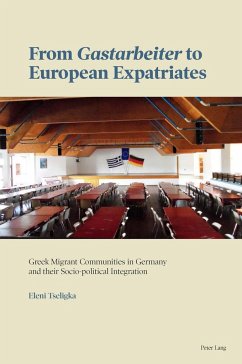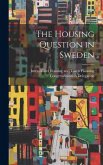The Gastarbeiter (guest worker) agreement between Greece and Germany in March 1960 sparked the biggest wave of emigration to central Europe in the history of the modern Greek state. Greece achieved its full European Economic Community (ECC) membership in May 1979 and, in the years that followed, the guest workers became European expatriates, particularly so after the 1992 Maastricht Treaty that created the European Union (EU).
This book examines two different intra-European regimes in relation to the Greek migrant communities of Germany: that of guest worker recruitment, and that of European expatriation, a bloc actor policy that transformed the previous bilateral migratory framework. By extension, this book engages in a comparison of two different ages of European unification, while at the same time examining the role that the social and cultural background of Greek migrants has played as a variable of integration.
This book examines two different intra-European regimes in relation to the Greek migrant communities of Germany: that of guest worker recruitment, and that of European expatriation, a bloc actor policy that transformed the previous bilateral migratory framework. By extension, this book engages in a comparison of two different ages of European unification, while at the same time examining the role that the social and cultural background of Greek migrants has played as a variable of integration.








